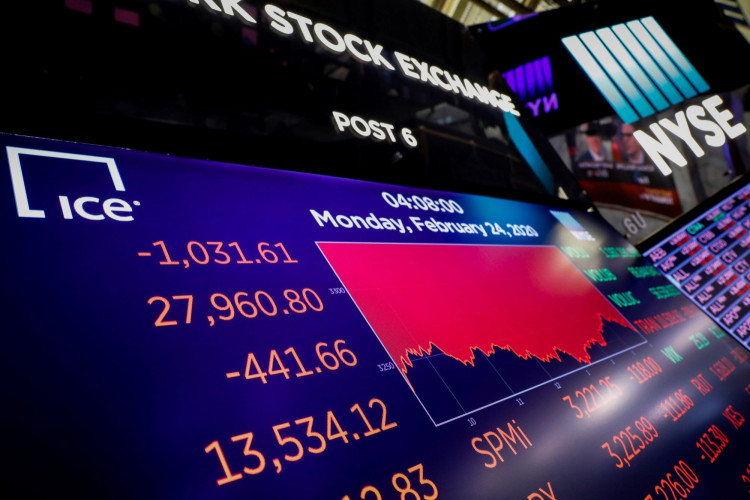The US Federal Reserve tried to remedy the underperforming tech stocks in the market to no avail. Investor confidence remained unswayed as the short-term financial prospects of the US and global economies triggered drops of the stock value of tech shares this week.
According to Tech Crunch, major indexes of tech stocks in Wall Street experienced drops this week. The domestic equities and uncertain value generations continued despite the tech stock's recovery yesterday.
The report showed that the Dow Jones Industrial Average was down 789.37 points or 2.96 percent while the S&P 500 was down by 86.86 points or 2.81 percent. Furthermore, the Nasdaq Composite also experienced losses of 268.08 points or 2.99 percent.
The industry's largest players in the stock market were also affected by unwavering investor confidence. Apple shares fell by three percent, Microsoft at 4.8 percent, Alphabet by 3.4 percent, while Amazon lost 2.3 percent. Similarly, social media giant Facebook's stock received the most and lost 5.4 percent of its share during regular hours.
Additionally, SaaS stocks also took a direct hit and lost about four percent of its value before the day's trade closing. The Bessemer cloud including the SaaS index lost by 2.9 percent too. However, it was revealed that some companies did not incur significant losses due to unnerving investor confidence in the industry.
App platform Slack only lost a percent of its stock value while transportation service giant Uber recovered from its losses and ended with again.
The report explained that market turbulence has caused some companies to go public. Construction software company Procore and venture-backed Accolade recently publicized its offerings this week.
In other news, Nasdaq reported that the US Federal Reserve (Fed) cut back interest rates last Tuesday by 50 basis points while the federal-funds rate was lodged with a range of one to 1.25 percent. The move was said to be an effort of the Fed to allow tech stocks to recover from its losses last week.
It was revealed that the last time the Feds imposed this strategy was back in 2008. The said imposition now was said to be a measure to control evolving risks to the economy such as the public health crisis in China.
Despite the Fed's efforts, US tech stocks fell because interest rates adversely affected the costs of borrowing. It was revealed that such changes would significantly impact the acquisition of mortgages and credit cards.






